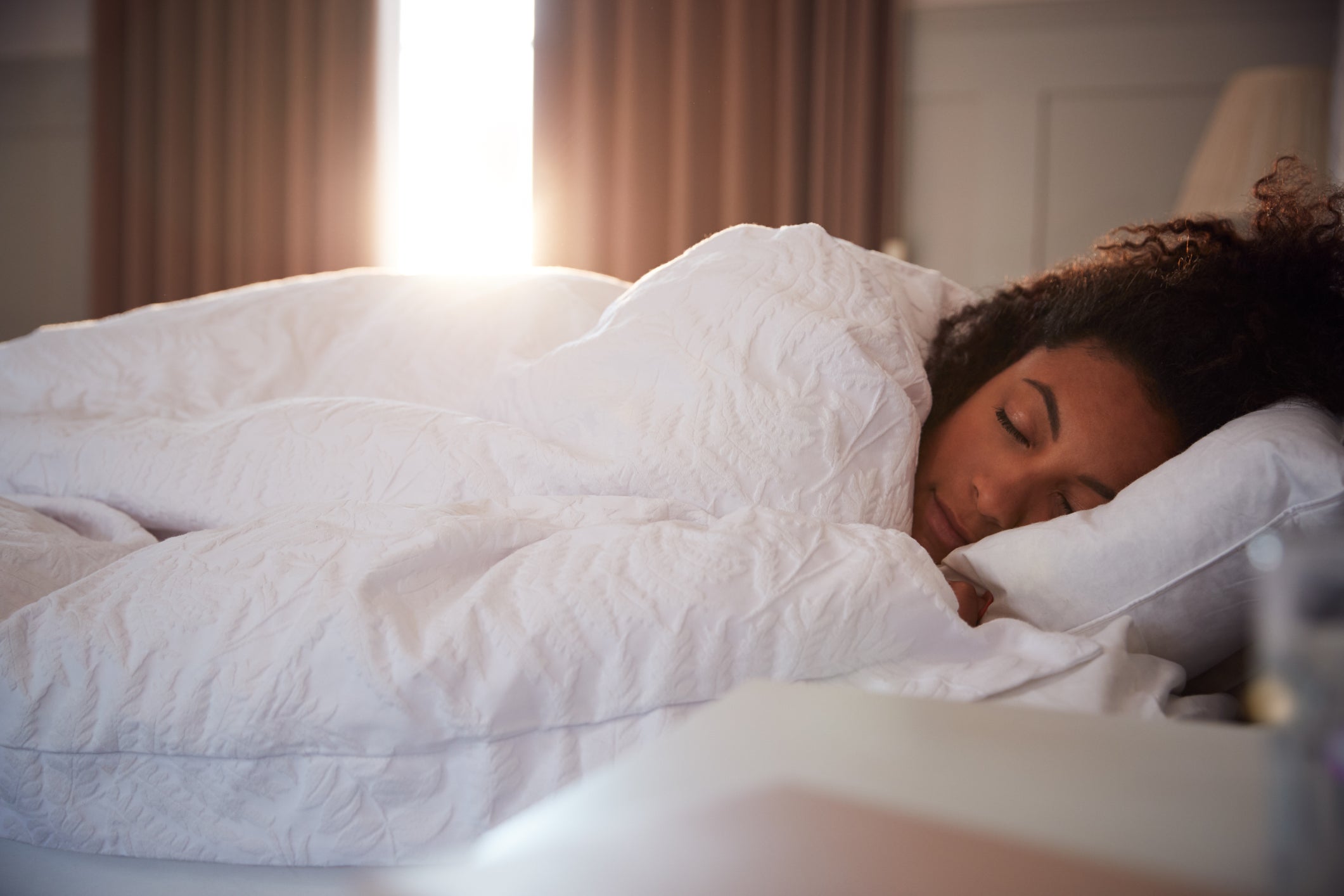White noise apps could be harming your sleep, study warns
‘There is no evidence that they are actually working,’ says lead researcher

Your support helps us to tell the story
From reproductive rights to climate change to Big Tech, The Independent is on the ground when the story is developing. Whether it's investigating the financials of Elon Musk's pro-Trump PAC or producing our latest documentary, 'The A Word', which shines a light on the American women fighting for reproductive rights, we know how important it is to parse out the facts from the messaging.
At such a critical moment in US history, we need reporters on the ground. Your donation allows us to keep sending journalists to speak to both sides of the story.
The Independent is trusted by Americans across the entire political spectrum. And unlike many other quality news outlets, we choose not to lock Americans out of our reporting and analysis with paywalls. We believe quality journalism should be available to everyone, paid for by those who can afford it.
Your support makes all the difference.Noise sleep aids may not be as effective at helping you drift off as you might think.
According to a new study, using white noise or similar sounds to fall asleep could even inhibit the quality of your sleep.
Published in the Sleep Medicine Reviews journal, the research found that using noise as a sleep aid may also have a negative impact on hearing.
The team of researchers from the University of Pennsylvania School of Medicine in Philadelphia conducted a systematic review of 38 studies examining the relationships between continuous white noise or similar broadband noise and sleep.
While they found some evidence that falling asleep to continuous noise might reduce the amount of time it takes to fall asleep, the researches concluded that generally speaking, noise sleep aids do not improve sleep.
In fact, there was evidence that noise sleeping aids could lead to disrupted sleep, even if they did help people to drift off.
“The quality of evidence for continuous noise improving sleep was very low, which contradicts its widespread use,” they wrote.
“Additional research with objective sleep measures and detailed descriptions of noise exposure is needed before promoting continuous noise as a sleep aid, especially since it may also negatively affect sleep and hearing.”
Speaking to The Guardian, lead researcher Mathias Basner added: “If these apps or devices could only do good things, I wouldn’t really care. But because there may be negative consequences, I would just be careful.
Mr Basner added that he wouldn’t recommend them, either " because there is no evidence that they are actually working”.
As for how these apps could impact hearing, he explained: “Whenever we’re exposed to sounds and noise, the inner ear is translating that into nerve signals that are then interpreted by the brain.
“It is an active process, which generates metabolites, some of which have been shown to be harmful to the inner ear.
"You probably want to have a period where the auditory system can wind down, regenerate and prepare for the next wake period.”
White noise apps have become increasingly popular in recent years, with many now available to download for your smartphone.
They are particularly popular among new parents, who may have difficulties getting their children sleep.
One white noise sound machine for babies at John Lewis and Partners play the sound of lapping water and heartbeats “to reassure baby and lull them to sleep”.

Join our commenting forum
Join thought-provoking conversations, follow other Independent readers and see their replies
Comments